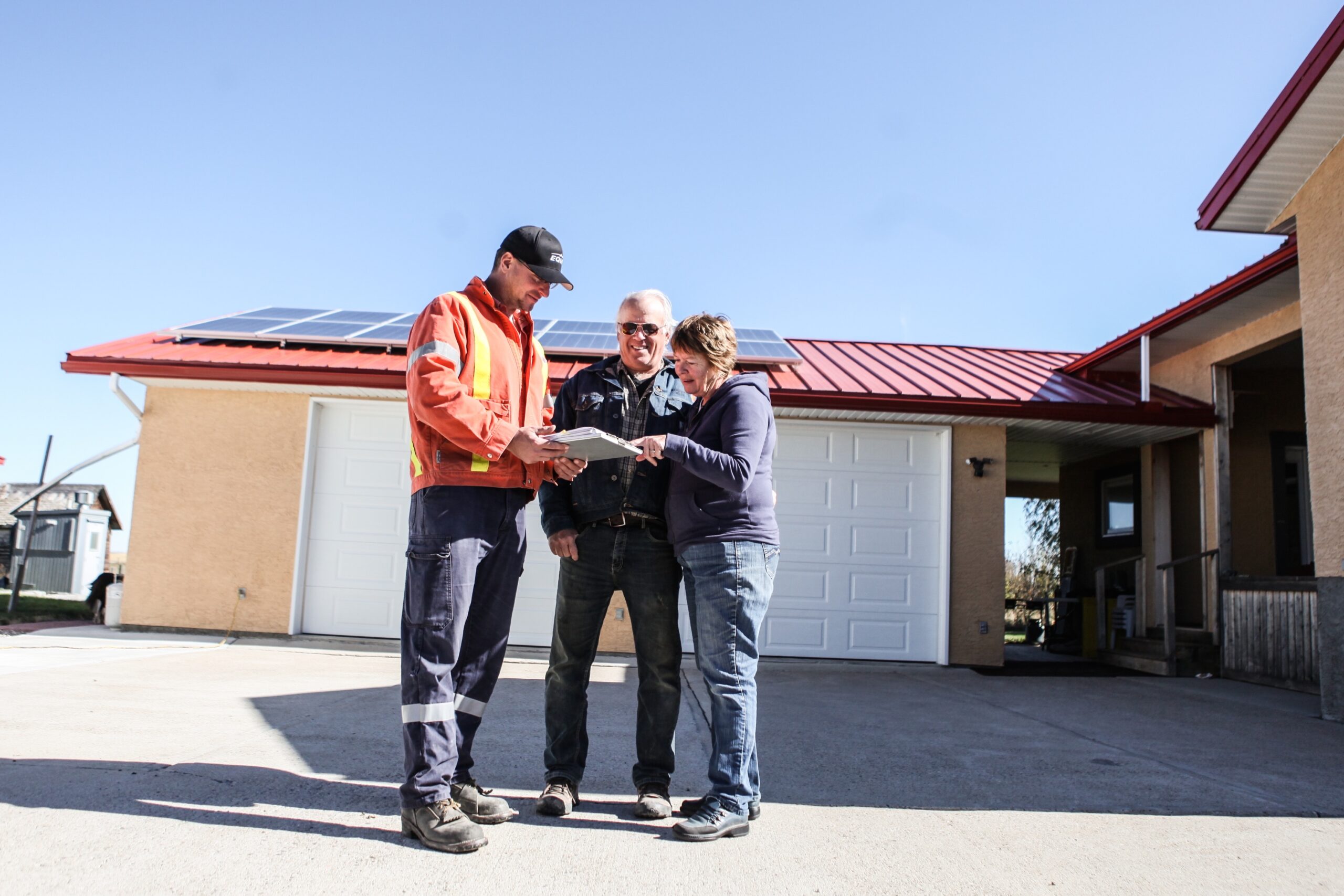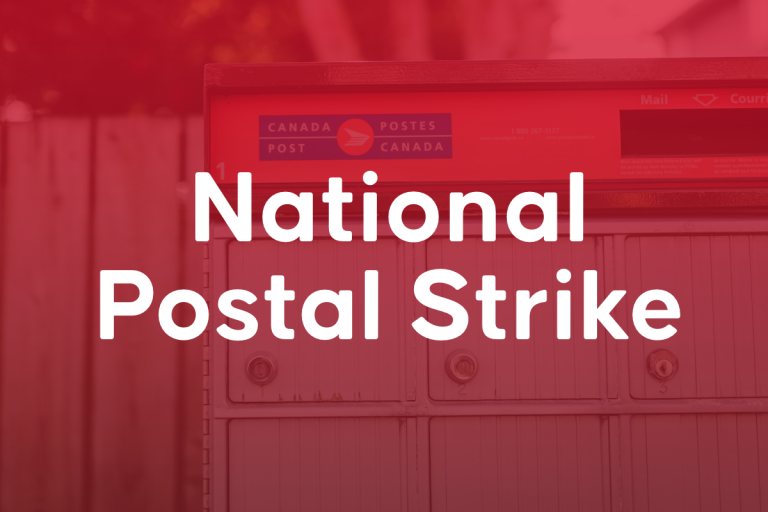Anyone can call themselves an expert, but what really sets someone apart as a leader in their field? Charlene Glazer, Regulatory and Compliance Leader, has spent the last 21 years becoming an expert in rural Alberta’s co-op electricity industry. From navigating mergers to changing regulations and the Integrated Operations Agreement, Charlene has been with EQUS through two decades of growth and change.
For Charlene, the growth has been necessary.
“Growth has been the main driver of change for us as a co-operative. When we grow we’re able to create economies of scale for our members, also allowing us greater opportunities to provide excellent service and lower rates to our membership.”
“While we were experiencing a significant amount of growth through amalgamations, we knew that the existing membership had concerns about how that growth would affect the quality of service that they were used to receiving. We made a commitment to our existing membership that the growth would not affect their current level of service and we lived up to that commitment. We continued to maintain the exceptional level of service our members were used to, while growing those economies of scale that would create savings.”
Another significant period of change and growth came into effect in September, 2016. The new Integrated Operations Agreement between EQUS and FortisAlberta, which guides the operation of both entities’ integrated electrical distribution systems, opened up the doors to even greater opportunity for EQUS.
“The previous Wire Owner Agreement, which was in place since 1997, limited EQUS as to who we were able to provide distribution services to. When these limitations were removed in the 2016 agreement, it offered us the opportunity to provide distribution services to anyone within EQUS’ Service Area. It also changed the way we were doing business because suddenly everyone within our Service Area had a choice in who would provide their distribution services, they didn’t have to be with a service provider if they felt that provider wasn’t their best option.”
“We immediately started informing others about their ability to choose and educating them on the advantages of being part of an organization that operates under a co-operative business model versus a profit-driven business model. We also started to ask ourselves how we could provide choice and flexibility to our existing and prospective members. It’s not about telling the consumer ‘this is what EQUS can do for you’, it’s about asking the consumer ‘what do you need from EQUS’, and listening to them and working with their needs in the interest of developing and building a long-term relationship.”
The co-op business model comes with many advantages for member-owners.
“Because EQUS operates at cost, our rates are set based on our annual operating budget and are approved by the Board of Directors. Ultimately, the Board of Directors are members, who are elected by the members, so they have a vested interest in the rates and are accountable to deliver what the membership wants, while ensuring that their co-op is operating in way that is both competitive and sustainable.”
“I think the best part of the co-operative business model is that it puts people above profit. Providing exceptional service to the membership is a priority and we are proud of the relationships we have with our members. Because EQUS operates at cost, we provide a benchmark for electricity rates and distribution tariffs in Alberta. Unlike investor-owned utilities whose mandate is to generate profits for their stockholders, we exist to produce savings for members.”
According to Charlene, being an expert in rural electricity distribution is about combining exceptional member service with innovation and knowledge.
“For a long time, we were bound by the limitations on who we could serve and now that this limitation has been removed, we are free to think outside the box. We’ve always had a reputation for providing an excellent level of service to the agriculture industry, but now we’re elevating our reputation and showing that we can work on all kinds of projects including those in the oil and gas sector and county residential, industrial and commercial developments. Continually, various stakeholders are seeking our input and we’re being invited to participate in pilot projects and to share our expertise and I think that’s a really good sign that we have built a reputation as the experts.”



